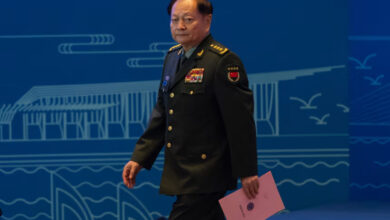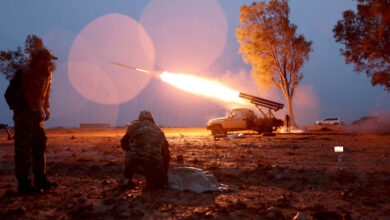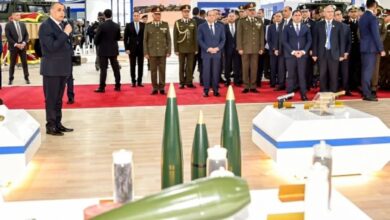Youth groups, political parties and independent activists plan to gather in Tahrir Square on Friday, 30 September to protest the Supreme Council of the Armed Forces’ (SCAF) recent decision to extend the Emergency Law, as well as its recent changes to the laws regulating upcoming parliamentary elections.
Dubbed the “Friday of Reclaiming the Revolution,” activists expect that the demonstration will be the largest in months. Weekly gatherings in Tahrir have taken place since the ouster of former President Hosni Mubarak in February.
While the past two Friday demonstrations have been relatively low-key affairs, 9 September’s large demonstration was overshadowed by the Israeli Embassy raid that took place later that night, resulting in the renewal of Emergency Law.
This Friday’s protest is also significant since it will be held on the day in which the SCAF’s rule was set to expire, according to military communiqués released shortly after the military took over in February.
The SCAF’s decision to extend the law – which many activists and lawyers have denounced as illegal and a direct violation of the constitution declaration passed in March – may provoke a large portion of the population, which in recent months seems to have grown increasingly complacent, to return to Tahrir.
The Emergency Law, continuously in force since 1981, has been widely resented by civilians who see it as little more than an excuse for government officials and police forces to abuse their power with little or no accountability.
“The Emergency Law situation was one of the straws that broke the camel’s back. It’s one of the reasons the revolution happened and the fact that this issue is still unresolved has angered a lot of people,” explains Ola Shahba of the Youth for Justice and Freedom Party. “It makes people feel as if the revolution never happened.”
“Ultimately, we are all calling for an end to the transition period, and for SCAF to hand over power so that the country can be governed by civilian rule,” Shahba says.
Aside from cancelling Emergency Law, and defining an end to the military-dominated transition period, demonstrators will also call for an end to military trials for civilians and amendments to current election laws, which activists believe enable members of the former regime to reenter the political sphere.
Furthermore, protesters are demanding that the requests of workers currently on strike, such as school teachers and truck drivers, be met, or at the very least addressed.
“These workers’ strikes have been ignored for the most part by the SCAF, which almost guarantees that [the workers] will want to attend Friday’s demonstration,” says Shahba.
Field Marshall Hussein Tantawi’s surprise appearance in downtown Cairo earlier this week, where he was shown shaking hands with civilians while wearing a business suit as opposed to his usual army fatigues, together with commentary in state media suggesting his potential as a civilian leader, seem to have spurred Egyptians into reasserting their frustration over the current state of affairs.
Several groups are expected to participate in the “Friday of Reclaiming the Revolution,” including the Youth for Justice and Freedom, the Free Egyptian Movement, the Egyptian Current Party, the Egyptian Social Democratic Party, the Popular Alliance, and the 25 January Revolutionary Youth Coalition, to name a few.
Some Islamist groups have also announced their participation. However, the Muslim Brotherhood declared it would not join the demonstration in a statement issued Wednesday evening.




